

Coordinating ocean freight can be daunting, particularly for new importers or small businesses. Ocean shipments require keen attention to detail, but even when importers think they have everything in place, they often get hit with unexpected extra charges on fees on their shipments. Freight Right founder and CEO Robert Khachatryan recently joined Aya Mutan, Customer Success Manager at Freighto.com, for a webinar discussing the most common extra charges on import shipments and how importers can minimize their exposure to additional charges.
When discussing “extra charges,” it is important to first understand the details of the original freight quote. Often, a freight forwarder or logistics service provider may present an incomplete, incorrect, or even misleading lump sum rate. Most often, the lump sum rate will cover the ocean freight costs to the port but leave off essential (and usually unavoidable) destination charges, like terminal handling fees, port congestion fees, or peak season surcharges. Once the cargo arrives at the terminal, the forwarder adds these fees, which the importer is responsible for paying.
The best way to avoid surprise destination charges is to request an itemized breakdown of the freight quote before booking. This allows importers to know exactly what is included, and what is not, and gives them the opportunity to clarify details with the forwarder or request additional services as needed.
If a shipment is pulled for a customs examination, the importer will be charged a customs exam fee and responsible for paying that before the cargo can be released. Customs exam fees are determined by the type of inspection and range from $80 to over $1,000 and can be difficult for smaller importers on a tight transportation budget.
The exact procedures for selecting shipments to examine is unknown, but Customs and Border Patrol tend to inspect newer importers more frequently than they do more established importers. Additionally, incomplete or improper customs filings will almost always be flagged for additional examination.
While exam fees might not be completely avoidable, importers can minimize the risk of a customs examination by filing their customs paperwork correctly and working with trusted and reliable freight forwarders and customs brokers.
Storage fees refer to the charges charged by the port to store containers at the terminal beyond the last free day (LFD) after arrival and often accrue if there is a delay with customs clearance or if a forwarder or transportation provider fails to arrange pickup in time.
Detention, or per diem, fees are those the ocean carrier charges for containers not returned to port before their allotted free time. Detention fees are usually attributed to inefficient unloading processes at the destination or poor container return management by the freight forwarder or transportation provider.
Storage and detention fees are avoidable in most cases. The best way to avoid them is to get familiar with free day allowances and to partner with reliable freight forwarders and transportation providers to ensure containers are picked up and returned on time.
Ask questions. Shipping ocean freight can be complicated and overwhelming, so don’t be afraid to ask questions when looking for a partner to help navigate the process. You must understand what to expect, and the right partner will have no problem putting your mind at ease.
Know what you’re paying for. When requesting freight quotes, ensure you get an itemized breakdown of charges. This will ensure you compare similar services and won’t be hit with surprise charges later.
Minimize the chances of a customs exam. Filing customs documents on time and with the proper information is critical to minimizing the risk of a customs exam. Be familiar with your product to select the correct HTS codes for duties and work with a respected, licensed customs broker to assist in the process.
Find a freight forwarder you trust. Without a doubt, this is the easiest way to avoid extra charges and ensure a smooth ocean freight experience. Look for a reputable, verifiable, trustworthy freight forwarder who takes the time to answer your questions, learns the nuances of your product and your business, and communicates throughout the process. Over time a reliable forwarder becomes an extension of your team and works hand-in-hand to improve operations and efficiency.
For more tips on managing extra fees and additional insights on customs bonds, DDP agreements, duties, and finding the right forwarding partner, watch the full Freightos.com webinar — Expert Tips for Avoiding Extra Charges.
Freight Right is an FMC-licensed carrier, freight forwarder, and licensed Customs Broker with more than 15 years in business. Freight Right’s specialized agents know every shipment should be handled individually based on a shipper’s unique needs and are committed to designing shipping solutions that work for your business. Contact our specialists today to learn more or for a customized freight quote.
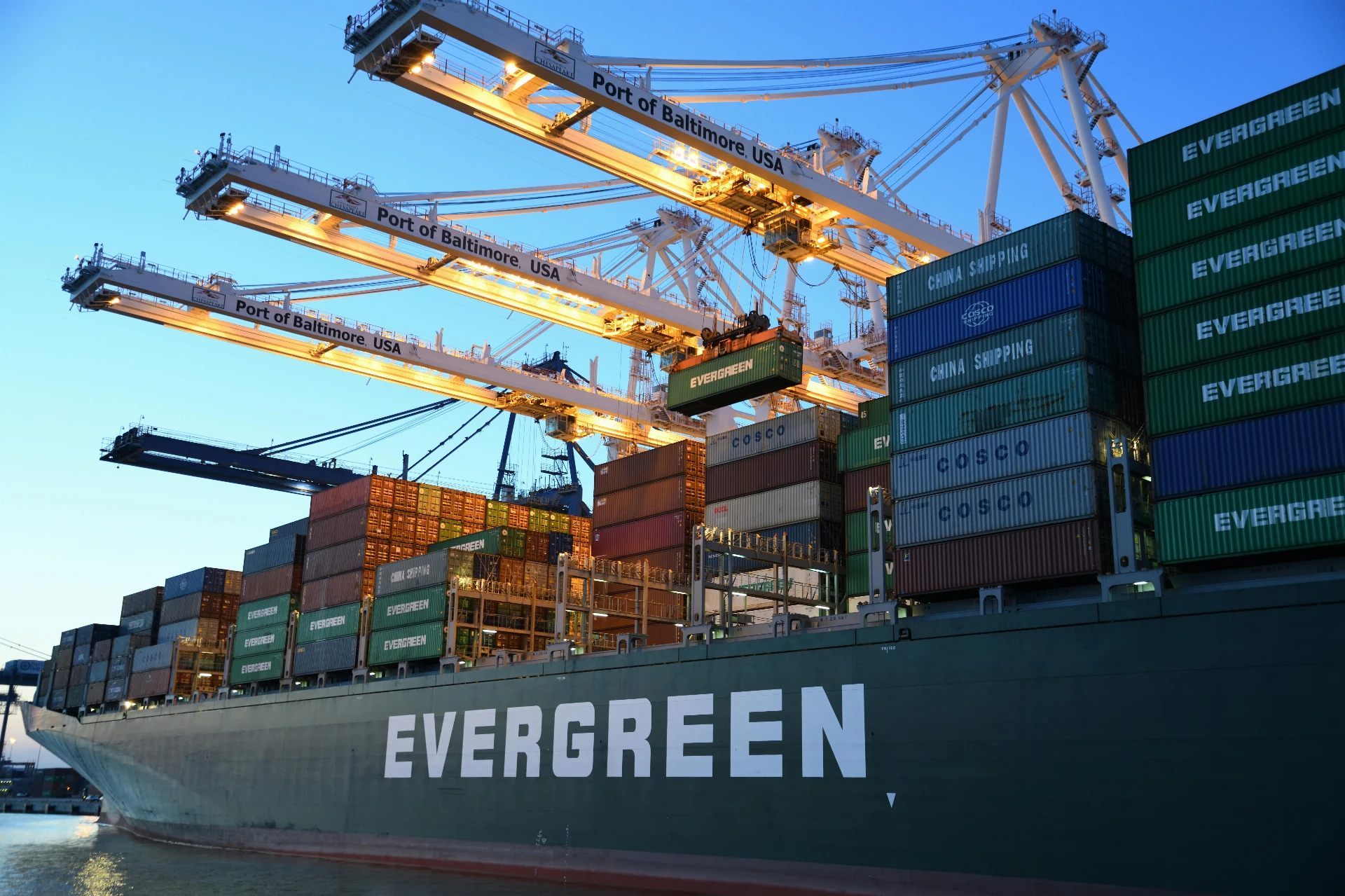
Demurrage and detention fees are mostly avoidable when you use the right solutions and partnerships to help you manage your shipments.
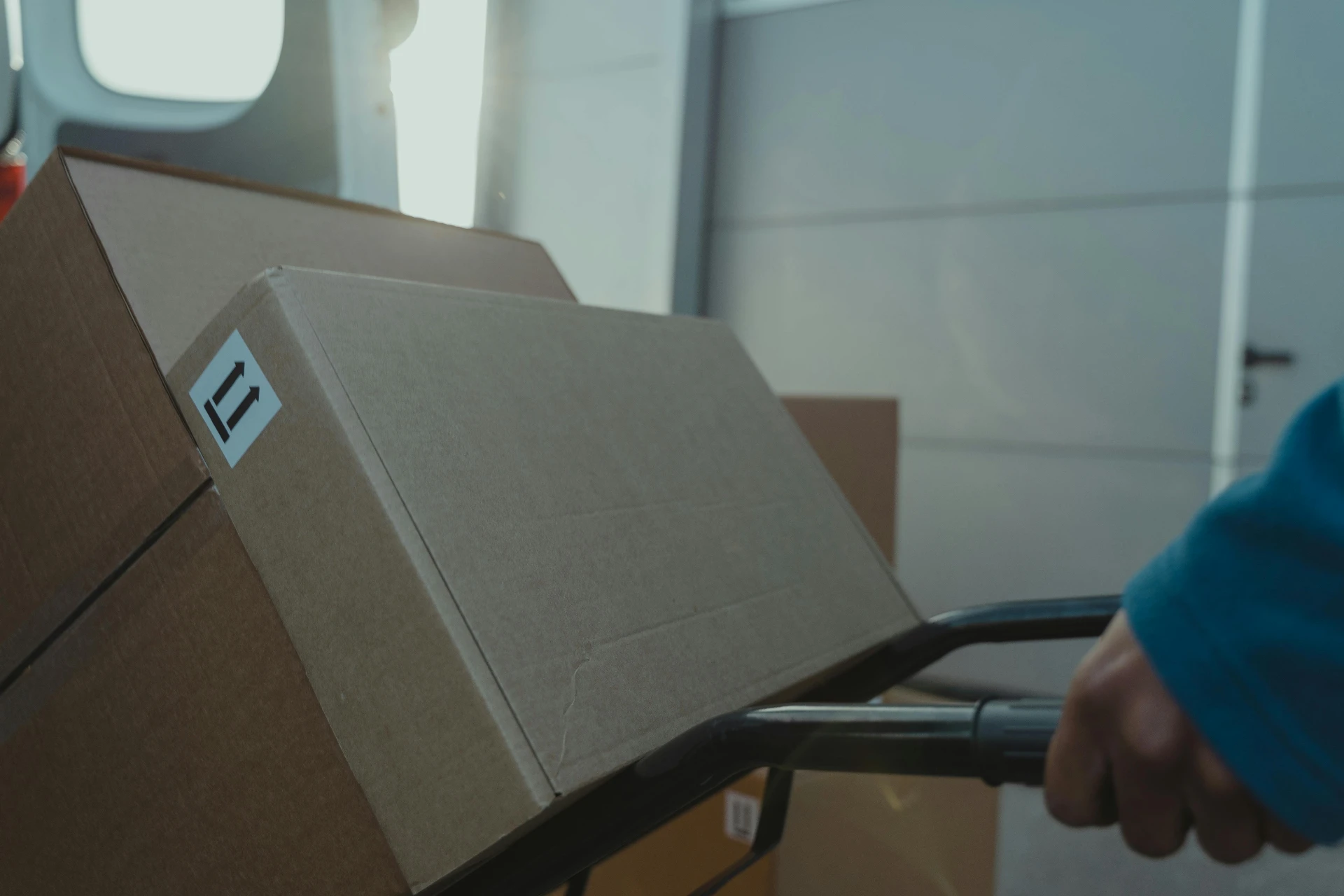
Freight Right CEO Robert Khachatryan joins the E-commerce Coffee Break podcast to share insights on shipping large, heavy, and high-value goods internationally, avoiding hidden costs, and expanding into 45+ markets without a local presence.
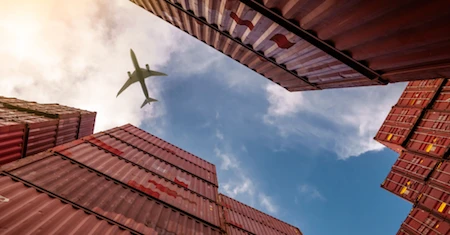
This article will explain what international air freight charges are and how to calculate the chargeable weight when shipping goods overseas.

Freight Right Global Logistics was among some of LA’s most prominent family businesses to be honored by the San Fernando Valley Business Journal on Oct. 29, ranking #8 for “Top 50 Most Influential Family-Owned Businesses” in the county.
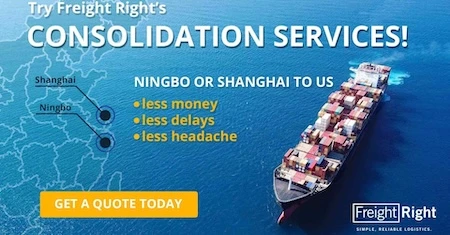
Freight Right is now offering direct consolidated ocean shipments to the Port of Long Beach and Los Angeles.

Freight Right can help you with PACT Act compliant international shipments of your e-cigarette and vape products.
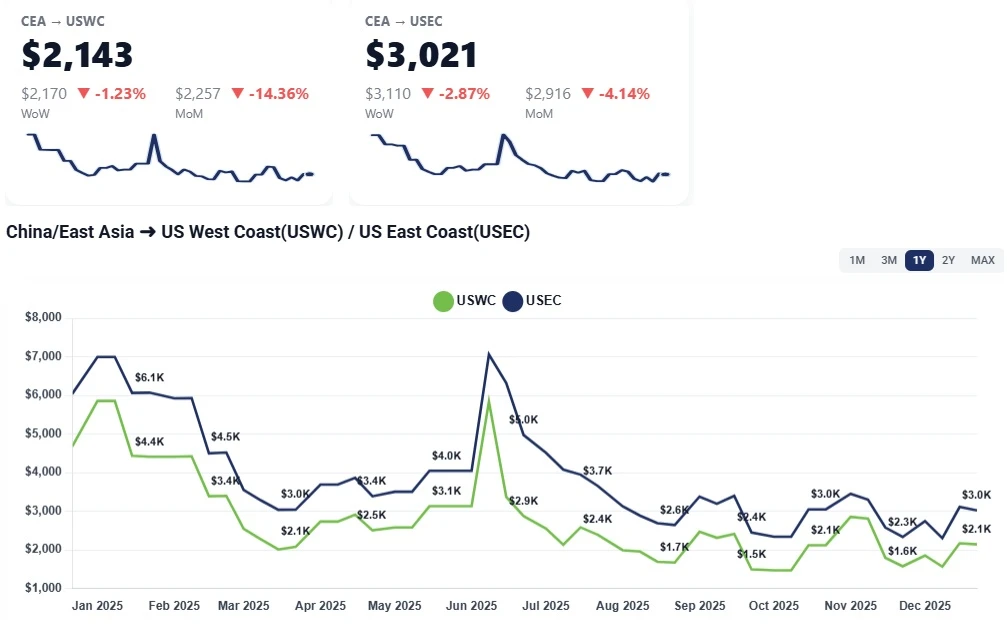
China–US ocean freight rates to the West and East Coasts held steady this week amid a holiday slowdown. Learn what’s driving the flat market and why January GRIs could push prices higher.

The drastically changed and changing landscape of international freight forwarding required equally progressing technology.
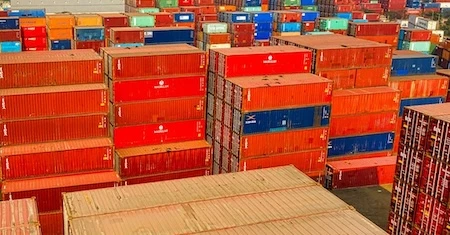
A list of strict ATA Carnet accepting-countries and the specifications they hold. Most non-commercial, exhibiting importers and exporters recognize the value and role of ATA Carnets in the complicated field of trade. While the World Customs Organization

Freight Right now offers quality control and production visibility thanks to our most recent alliance.